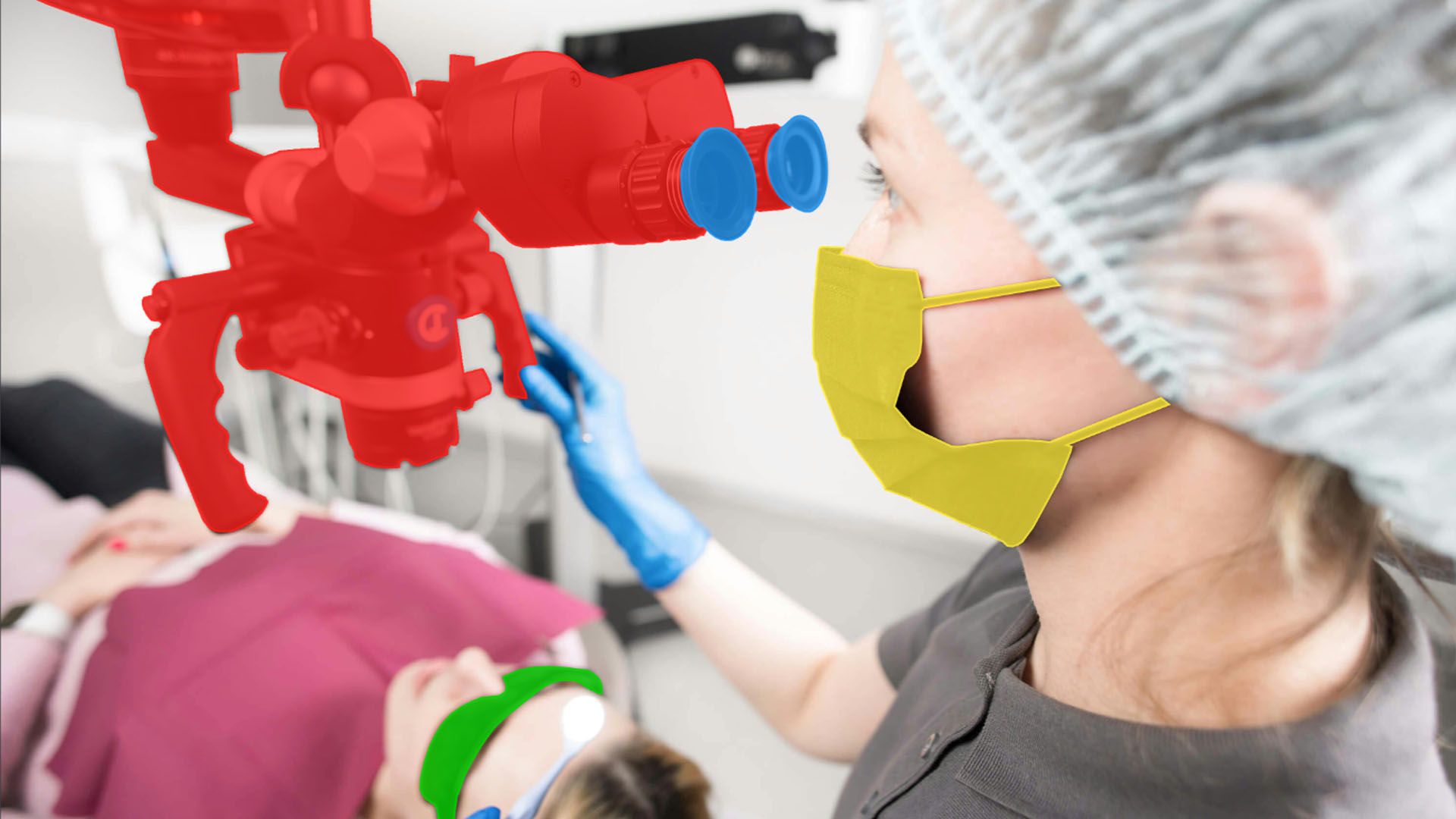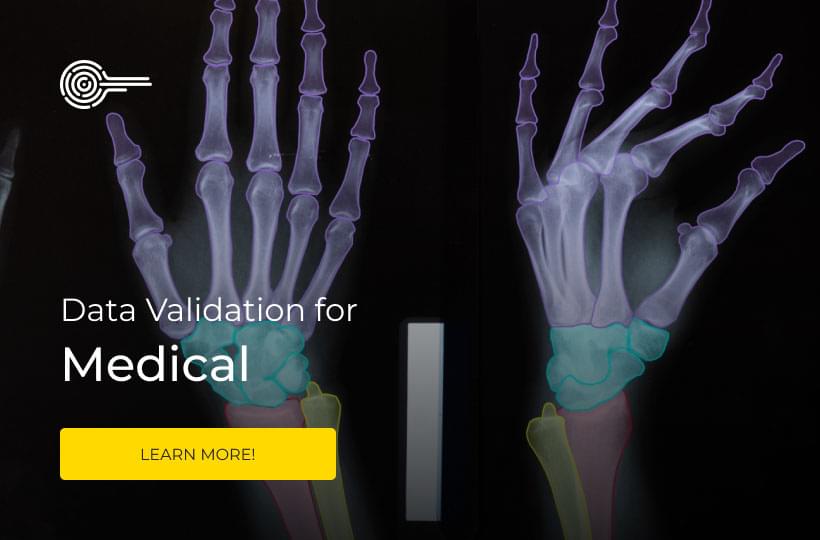Revolutionizing Healthcare: Innovative Machine Learning Projects

Machine learning has the potential to revolutionize healthcare by improving patient care, disease diagnosis, and treatment outcomes. Through the use of advanced algorithms and large datasets, machine learning can surpass human performance in various aspects of healthcare. This technology enables AI systems to aid clinicians in disease diagnosis, create personalized treatment plans, and provide decision-making assistance.
While the benefits of machine learning in healthcare are significant, there are also challenges that need to be addressed. Ensuring data privacy, mitigating bias in algorithms, and emphasizing the importance of human expertise are all crucial for the responsible and effective implementation of AI in healthcare. With careful consideration and implementation, machine learning projects can bring about transformative advancements in the field.
Key Takeaways:
- Machine learning has the potential to revolutionize healthcare.
- AI systems can aid clinicians in disease diagnosis and treatment planning.
- Data privacy and mitigating bias are important considerations for the responsible implementation of AI in healthcare.
- The use of machine learning in healthcare requires collaboration between technology and human expertise.
- Responsible implementation of machine learning can bring transformative advancements to patient care and treatment outcomes.

The Role of AI in Clinical Practice
AI is playing an increasingly significant role in transforming clinical practice, revolutionizing patient care, and ultimately improving quality of life. By integrating AI into healthcare systems, practitioners can leverage its capabilities to enhance disease diagnosis, treatment recommendations, and patient engagement, leading to better health outcomes.
One of the key advantages of AI in clinical practice is its ability to analyze large datasets and identify patterns that surpass human performance in various healthcare aspects. These AI tools can process immense amounts of data quickly and accurately, enabling more efficient and accurate disease diagnosis. With AI's pattern recognition capabilities, healthcare providers can detect subtle indicators of diseases and conditions at an early stage, improving prognosis and treatment efficacy.
Moreover, AI's potential extends beyond diagnosis. It can also provide treatment recommendations based on comprehensive analysis of patient data, including medical history, genetic factors, and treatment outcomes. By leveraging this information, AI algorithms can generate personalized treatment plans tailored to individual patients. This personalized approach maximizes the effectiveness of interventions and improves patient care and overall outcomes.
In addition to enhancing diagnosis and treatment, AI can play a crucial role in patient engagement. Through AI-powered virtual assistants, patients can access personalized healthcare information and resources, empowering them to take an active role in their own care. AI-driven chatbots can provide timely responses to patients' queries and concerns, offering immediate support and guidance.
However, ethical and legal considerations must be addressed to ensure responsible implementation of AI in clinical practice. Patient privacy, data security, and transparency are paramount in maintaining patient trust and safeguarding sensitive healthcare information. Moreover, human expertise remains indispensable in clinical decision-making. AI should be used as a tool to assist healthcare professionals rather than replace them, with clinicians making the final decisions based on their training and expertise.
Key Considerations for Ethical and Legal Implementation of AI in Clinical Practice:
- Ensuring patient privacy and data security
- Transparency in AI algorithms and decision-making processes
- Continued reliance on human expertise for final decision-making
- Monitoring and mitigating bias in AI algorithms
- Compliance with relevant regulatory frameworks
By considering these key ethical and legal considerations, healthcare organizations can harness the full potential of AI in clinical practice while upholding the highest standards of patient care and well-being.
AI in Disease Diagnosis
AI technology is playing an increasingly pivotal role in disease diagnosis, particularly in fields such as breast cancer and skin cancer detection. Studies have demonstrated that AI systems can accurately diagnose breast cancer and identify early-stage melanoma cases more effectively than human radiologists. By leveraging the power of AI algorithms, including machine learning and deep learning, healthcare professionals can analyze large datasets to identify patterns that may be difficult for humans to detect.
Early detection of diseases is crucial as it can significantly improve treatment outcomes and reduce mortality rates. AI's ability to analyze vast amounts of data and identify subtle patterns allows for the early detection of diseases, enabling timely interventions and personalized treatment plans. This groundbreaking technology has the potential to revolutionize disease diagnosis, offering new avenues for precise and targeted healthcare interventions.
For instance, in breast cancer diagnosis, AI algorithms can analyze mammograms and other medical imaging data to identify features associated with malignancies. These algorithms can detect abnormalities that may be too subtle for the human eye to perceive, enabling healthcare professionals to make accurate and timely diagnoses. By harnessing the power of AI, clinicians can enhance the accuracy and efficiency of breast cancer diagnosis, improving patient outcomes and optimizing treatment strategies.
Similarly, AI technology has shown promising results in the detection of skin cancer. By analyzing dermoscopic images, AI algorithms can identify characteristic features and patterns associated with melanoma and other types of skin cancer. This advanced diagnostic capability enables early detection, facilitating prompt treatment and the prevention of disease progression.
It is important to note that AI systems are not intended to replace healthcare professionals but rather to augment their capabilities. By leveraging AI algorithms, healthcare professionals can have access to valuable decision support tools that assist them in their diagnosis and treatment planning processes. The integration of AI in disease diagnosis has the potential to improve patient outcomes, enhance the efficiency of healthcare delivery, and contribute to advancements in personalized medicine.
AI in Disease Diagnosis: Key Advantages
- Enhanced accuracy in disease diagnosis
- Improved early detection of diseases
- Precise identification of patterns and abnormalities
- Optimized treatment planning and personalized interventions
- Streamlined decision-making for healthcare professionals
The table below provides an overview of the advantages of AI in disease diagnosis:
| Advantages | |
|---|---|
| Enhanced accuracy | The ability of AI systems to analyze large datasets and identify subtle patterns improves the accuracy of disease diagnosis. |
| Early detection | AI technology enables the early detection of diseases, leading to timely interventions and improved treatment outcomes. |
| Precision | AI algorithms can identify unique patterns and abnormalities that may be challenging for humans to perceive, facilitating precise diagnosis. |
| Personalized interventions | By leveraging AI, healthcare professionals can develop personalized treatment plans tailored to individual patients, maximizing treatment effectiveness. |
| Streamlined decision-making | AI systems provide healthcare professionals with valuable decision support tools, streamlining the diagnostic and treatment planning processes. |
Advancements in Medical Imaging
Medical imaging has undergone remarkable advancements with the introduction of generative AI. Through the use of AI algorithms, medical professionals now have the ability to enhance the quality and accuracy of images, thereby revolutionizing the field of radiology. By reconstructing and clarifying images, AI-powered systems provide physicians with clearer visuals, enabling more accurate diagnoses and treatment decisions.
One of the key benefits of AI in medical imaging is its pattern recognition capabilities. AI algorithms can analyze radiographic images, such as X-rays and MRIs, to identify early signs of tumors and other health issues. This early detection plays a crucial role in timely diagnosis and treatment planning, leading to improved patient outcomes.
Furthermore, AI is not limited to enhancing existing medical images but has also paved the way for virtual medical training. Virtual medical training using AI technology allows medical professionals to simulate complex procedures in a risk-free environment. This innovative approach enables doctors, surgeons, and other healthcare practitioners to hone their skills, gain valuable experience, and stay up-to-date with the latest medical advancements.
Artificial Intelligence in Radiology
Within the field of radiology, AI has made significant strides in improving the accuracy and efficiency of image interpretation. The integration of AI algorithms in radiology systems has transformed the way radiologists work, assisting them in analyzing the vast amounts of data produced by medical imaging devices.
With AI, radiologists can detect subtle patterns and anomalies that may go unnoticed by the human eye, leading to early detection of diseases and potentially life-saving interventions. The ability of AI to quickly and accurately analyze medical images has the potential to revolutionize diagnostic processes, streamlining patient care and reducing waiting times.
Virtual Medical Training with AI
Virtual medical training, powered by AI, offers healthcare professionals a safe and realistic environment to practice and refine their skills. By simulating complex medical procedures, AI-based training platforms provide a valuable learning experience without the risks associated with performing procedures on live patients.
Virtual medical training incorporates realistic patient scenarios, allowing healthcare practitioners to acquire hands-on experience in a controlled setting. This innovative approach enhances medical education and improves patient safety by ensuring that healthcare professionals are well-prepared and confident in their abilities.
| Advancements in Medical Imaging | Benefits |
|---|---|
| Quality and accuracy enhancement | Improved image clarity More accurate diagnoses |
| Pattern recognition | Early detection of tumors and health issues |
| Virtual medical training | Risk-free environment for practice Enhanced skills and experience |
In summary, advancements in medical imaging through AI have revolutionized the field of radiology. Through the use of AI algorithms, medical professionals can enhance image quality, detect patterns, and identify early signs of health issues. Additionally, virtual medical training powered by AI provides healthcare practitioners with invaluable hands-on experience. As AI continues to evolve, it holds immense promise for further improving healthcare delivery and patient outcomes.
Personalized Treatment and Drug Discovery
The application of artificial intelligence (AI) in healthcare has revolutionized the field of personalized treatment and drug discovery. By analyzing patient data and leveraging AI algorithms, healthcare professionals can generate tailored treatment plans for optimized healthcare outcomes.
One of the areas where AI has made significant advancements is in drug discovery acceleration. AI algorithms can analyze vast datasets and identify potential drug candidates, expediting the drug development process. This not only saves time and resources but also enables pharmaceutical companies to bring life-saving medications to the market faster, benefiting patients worldwide.
Furthermore, precision medicine has been greatly facilitated by AI-powered genomic analysis. By examining an individual's genetic makeup using advanced AI algorithms, healthcare providers can identify specific genetic factors that influence diseases and treatment responses. This knowledge allows for more targeted interventions and personalized therapies, ultimately leading to improved patient outcomes.

Benefits of Personalized Treatment and Drug Discovery:
- Improved healthcare outcomes: Personalized treatment plans ensure that patients receive interventions tailored to their unique needs and genetic profiles, maximizing the chances of a successful outcome.
- Enhanced efficiency in medical interventions: By leveraging AI algorithms, healthcare professionals can optimize treatment plans, reducing unnecessary procedures and interventions, and minimizing the risk of adverse effects.
- Acceleration of drug discovery: AI-powered drug discovery platforms can analyze massive amounts of data, unlocking new insights and identifying potential drug candidates at an accelerated pace.
- Promotion of precision medicine: Genomic analysis powered by AI enables healthcare providers to offer targeted treatments based on an individual's genetic predispositions, ensuring the most effective and tailored interventions.
In summary, the integration of AI into personalized treatment and drug discovery has transformed healthcare by optimizing treatment plans, accelerating drug development, and enabling precision medicine. As AI continues to advance, the potential for further advancements in personalized healthcare is promising.
| Treatment | Benefits |
|---|---|
| Personalized Treatment Plans | Improved healthcare outcomes |
| Drug Discovery Acceleration | Speeds up the drug development process |
| Precision Medicine | Targeted interventions based on genetic factors |
| Genomic Analysis | Identification of genes influencing diseases and treatment |
Conclusion
Machine learning projects for healthcare have the potential to revolutionize patient care, disease diagnosis, and treatment outcomes. With AI playing a central role in clinical practice, healthcare professionals can enhance disease diagnosis, personalize treatment plans, and receive valuable decision-making assistance. The advancements in medical imaging have transformed the way physicians interpret and diagnose diseases, while personalized treatment and drug discovery have paved the way for precision medicine.
However, as the healthcare industry embraces the benefits of AI, it is crucial to address challenges such as data privacy, bias, and the need for human expertise to ensure the responsible implementation of these technologies. By collaborating with innovative companies like Keymakr, healthcare machine learning projects can benefit from accurate and reliable data annotation, collection, and validation, enabling the generation of meaningful insights.
The integration of machine learning projects into healthcare is an ongoing process that holds great promise for the future. By leveraging AI in clinical practice, disease diagnosis, and personalized treatment, we can continue to push the boundaries of healthcare, providing better patient outcomes and revolutionizing the industry as a whole.
FAQ
How can machine learning projects revolutionize healthcare?
Machine learning projects have the potential to revolutionize healthcare by improving patient care, disease diagnosis, and treatment outcomes. They can leverage large datasets and identify patterns to surpass human performance in various aspects of healthcare.
What is the role of AI in clinical practice?
AI can be integrated into healthcare systems to enhance disease diagnosis, treatment recommendations, and patient engagement. It can leverage large datasets and identify patterns to surpass human performance in various healthcare aspects. However, ethical and legal considerations, as well as the need for human expertise, must be addressed for the responsible implementation of AI in healthcare.
How is AI used in disease diagnosis?
AI is being increasingly used in disease diagnosis, particularly in areas such as breast cancer and skin cancer detection. AI systems can accurately diagnose breast cancer and identify early-stage melanoma cases more effectively than human radiologists. AI algorithms, including machine learning and deep learning, can analyze large datasets and identify patterns that may be difficult for humans to detect.
What advancements have been made in medical imaging?
Generative AI is transforming medical imaging by enhancing the quality and accuracy of images. AI algorithms can reconstruct and clarify images, providing physicians with clearer visuals for more accurate diagnoses. Additionally, AI-powered systems can analyze radiographic images to identify early signs of tumors and other health issues. Virtual medical training using AI allows medical professionals to practice complex procedures in a risk-free environment, improving their skills and experience.
How does AI enable personalized treatment and drug discovery?
AI enables personalized treatment plans by analyzing patient data and generating tailored options for optimized healthcare outcomes. In the field of pharmaceuticals, AI algorithms analyze vast datasets to identify potential drug candidates, speeding up the drug discovery process. Genomic analysis powered by AI enables precision medicine by identifying genetic factors influencing diseases and treatment responses. This personalized approach improves patient outcomes and enhances the efficiency of medical interventions.
What are the key considerations for the implementation of machine learning projects in healthcare?
While machine learning projects have the potential to revolutionize healthcare, there are challenges that need to be addressed. These include data privacy, bias, and the need for human expertise. Ethical and legal considerations are important in the responsible implementation of AI in healthcare.




